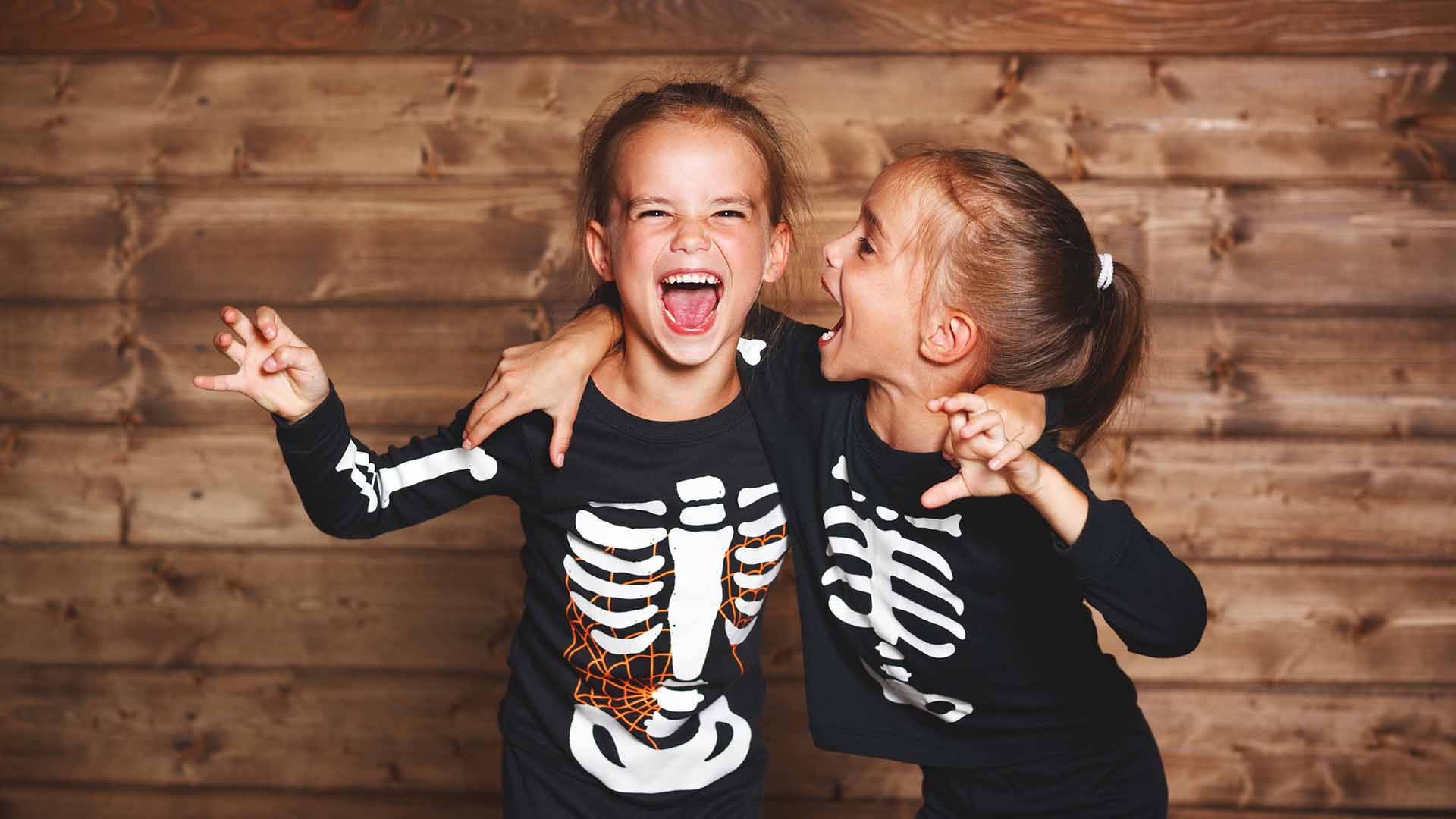-
What are your memories of playing as a child? Do you remember where you were, if you were with friends, the smell of the environment, the feel of the objects you were playing with? Can you remember your favourite games and play activities?
In truly playful moments, these memories can bring a smile to your face and maybe feelings of pleasure, freedom and innocence.
Play and being playful are important for mental health and wellbeing, for adults as well as children. We now know, due to research on the brain and play, that when children have creative, playful moments in play, they feel pleasure and joy. A lot of the brain 'lights up' when we play.
But playful interactions, with responsive parenting, are also important in developing a child’s cognition and emotional and social understanding. From research in this space, we know that play allows children to experiment with playing roles, sharing ideas and creating characters and fictional stories. Most of all, children can think about ideas, initiate and problem solve.
Even as adults, playfully engaging with our children gives us pleasure too. You are your child’s greatest joy and you play an important role as facilitator for playful moments – creating the physical spaces for play, opportunities for play, and the provision of a range of play materials.
The most creative opportunities for play are unstructured spaces where possibilities are presented to children, as opposed to the parent dominating activities. When a parent dominates and directs the play, the pleasure of playing can disappear for a child, as they have less chance to contribute and initiate their own ideas. In contrast, when a parent facilitates playful moments, the child and parent enjoy the time together and their relationship strengthens.
In creating playful moments, we sow the seeds for children to explore and be curious, which can carry on through life. Here are a handful of fun, creative ideas to try.
Spontaneous fun
Playful moments can be created spontaneously, playing peek-a-boo or pulling silly faces. You could call this being playfully weird! You just have fun, and don't worry about what you look like or what people think.
Sensory fun
Make playdough or slime – things that are fun to feel and use in whatever creations you like. Or tantalise your senses by smell. Pick lavender flowers and flowers and leaves from herbs such as sage, rosemary, oregano and mint.
Outdoor fun
Walk outside and engage your child in a game about what they can hear and see. Can they hear birds? The wind? Dogs barking? What can they see? Maybe try a game of 'I spy…'
Food fun
Playful moments can happen in the kitchen where your child can help you make a cake, biscuits, or another treat – and then they can lick the bowl!
Construction fun
Create your own cubby house. Inside you could use sheets, blankets, tables and chairs. Throw the sheets over a table or a couple of chairs to create a space to crawl into.
Everyday fun
Create moments for play by providing access to everyday objects and inviting your child to explore them in a special basket or tub. Include a variety of objects such as kitchen utensils, or objects from the garden such as nut shells, flowers, leaves, sticks.
Creative fun
Pretend objects can be different things. For example, boxes can be cars, beds, tables, caves, an oven, a house and so on. Cloth can be grass (green coloured cloth), ocean (blue coloured cloth), deserts (fawn coloured cloth), and snow (white cloth).
Role play fun
Create spaces where you can join your child in role play. For example, different rooms could be different houses and the children can make letters and then deliver them to different rooms in the house. In each room there is a character waiting for their letters and maybe you will be in one of the rooms. You could also create a space for a shop, where the children create the products to sell to ‘customers’ (you!)
Fantasy fun
For children who are three years or older, creating playful moments in fantasy play can take you to another place where anything is possible. For example, you might be a superhero with special powers which the child chooses.
Interactive fun
On a smaller scale, try creating playful moments with figurines and small toys where the child can manipulate the toys and have the characters interact with each other.
Try these easy recipes for playdough and slime for lots of sensory fun.
Why playtime is so important for kids

-
How is ‘phubbing’ hurting your relationships?
Here’s how to stop phubbing and be more mindful of your phone habits, to help improve face to face interactions with your family and friends.
-
Are the winter blues real?
Simple ways to boost your mood in winter.
-
Mental fitness explained
Just as you work to strengthen your body, your mental health deserves attention and exercise too.
-
Signs it's time to visit the dentist
Nobody wants to go. But there are good reasons to – promise.
-
The link between stress, anxiety and jaw pain
Physiotherapist Michael Chan explains how stress and anxiety can cause jaw pain, and how to help get some relief.
-
When you can't sleep next to your partner
You love everything about them – except their sleep habits.
Subscribe to receive the best from Live Better every week. Healthy recipes, exercise tips and activities, offers and promotions – everything to help you eat, move and feel better.
By clicking sign up I understand and agree to Medibank's privacy policy




.jpg)
